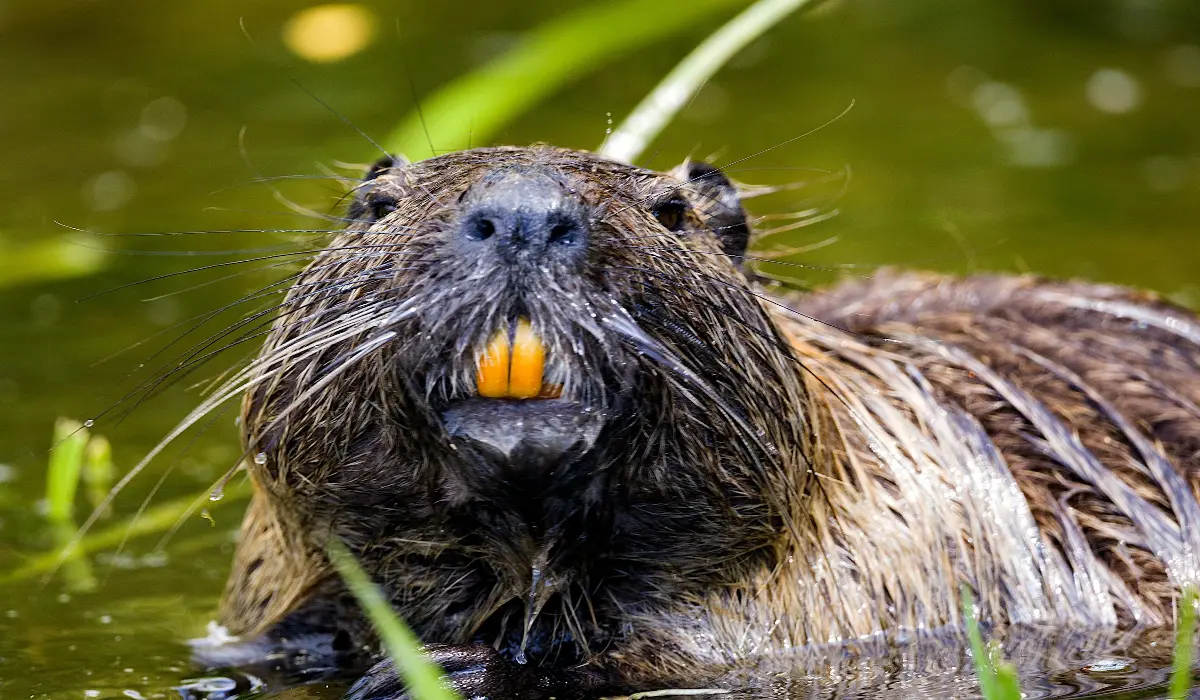Moving from the tradition of dogs, cats, and birds, the question arises, could more wild and exotic creatures make good household pets? One such animal that has caught the curiosity of many is the beaver.
Despite their cute, cuddly appearance and tenacious work ethic, are beavers as pets really suited for life within our homes? Let’s embark on this comprehensive evaluation.
Beavers in their Natural Habitat
Beavers are renowned for their impressive engineering skills. Found in North America and Europe, beavers occupy both forested and aquatic zones. Equipped with powerful jaws and sharp incisors, they can even fall sizable trees.
Beavers use logs, branches, and mud to create dams and lodges, the latter serving as their residences – both impressive architectural feats.
Their surroundings must include a water body and their diet mainly consists of bark, leaves, roots, and aquatic plants, thereby indicating their primal adaptation to natural, wide-ranging environments.
Life of Beavers as Pets: Practicality Assessment
While it’s fascinating to envision owning a beaver, there are some critical considerations to contemplate to ensure the well-being of both the animal and the owner.
Can a Beaver Adapt to a Domestic Setting?
The key to responsible pet ownership lies in the adaptability of an animal to domestic life. Unfortunately, this is a grey area for beavers. Accustomed to a life in the wild, beavers are hardwired to swim, chew on wooden elements and build structures.
Despite providing an enriched environment at home, it is nearly impossible to cater to these natural instincts of beavers fully, which could lead to stress and abnormal behavior in these animals.
Interaction and Bond with Humans
Beavers aren’t known for their aggression, but like any wild animal, they can become defensive when feeling cornered or threatened. While unlikely to attack unprovoked, their sharp teeth could potentially inflict injuries if they attacked out of fear or frustration.
Moreover, unlike domesticated pets, they might not develop a strong bond with humans, putting a question mark on the fulfillment part of pet ownership.
Care & Maintenance Requirements
Beavers require a specialized diet and environment, notably a water source for swimming. Additionally, they demand constant stimulation in terms of wood logs or branches for their intrinsic need to construct. The practicality of fulfilling these needs is debatable for most people, especially those residing in urban settings.
Legal Constraints
Various regions have restrictive legislation regarding the possession of wild animals like beavers. Adherence to these is a must to prevent legal complications. Additionally, ethical considerations about the ‘right to freedom’ for such animals also challenge their suitability as pets.
Conclusion
After meticulously considering all aspects, though beavers are undeniably interesting and highly intelligent creatures, our homes may not provide the best environment for them and the answer is NO. Their natural instincts, specialized needs, and potential risks for humans, combined with the legal and ethical dilemmas, weigh heavily against their potential as pets.
The fascination one might have in sharing the domestic environment with a beaver might be far overshadowed by the complexities and challenges that this uncommon pet ownership brings about. Hence, it’s arguably more beneficial for both parties that beavers remain in their rightful place – the wild.
